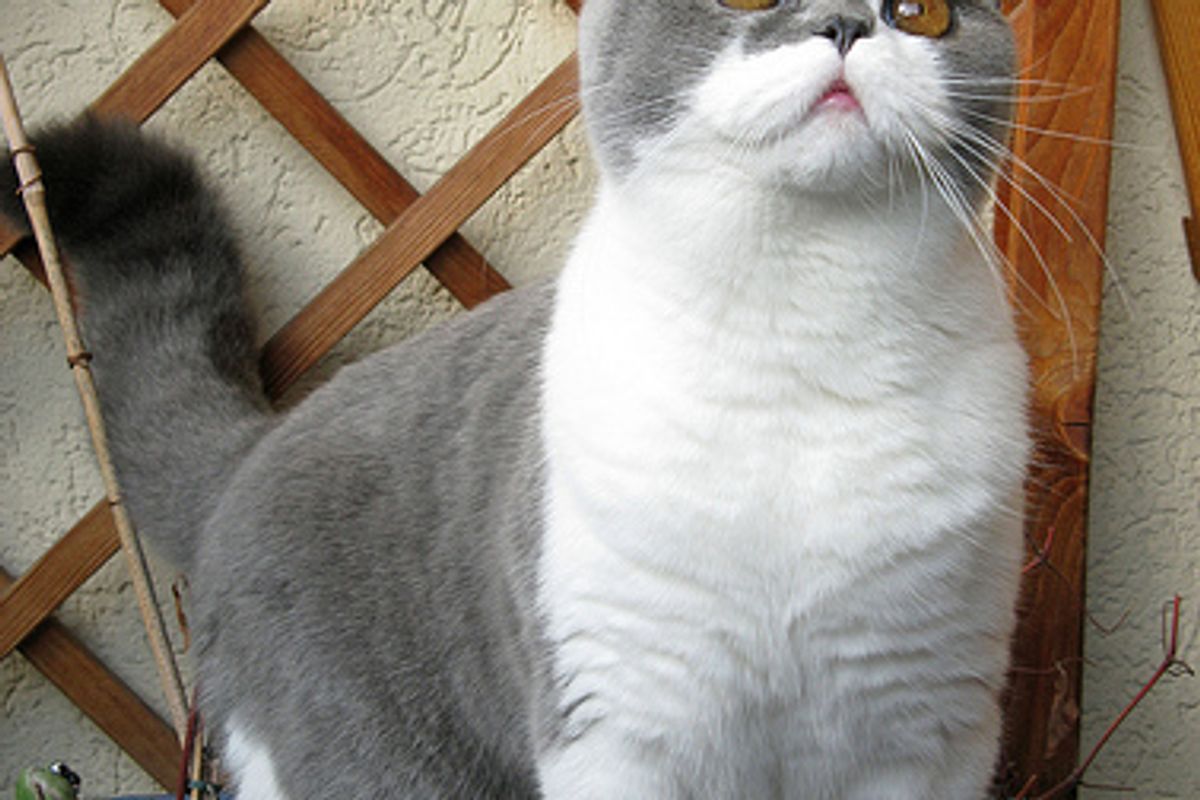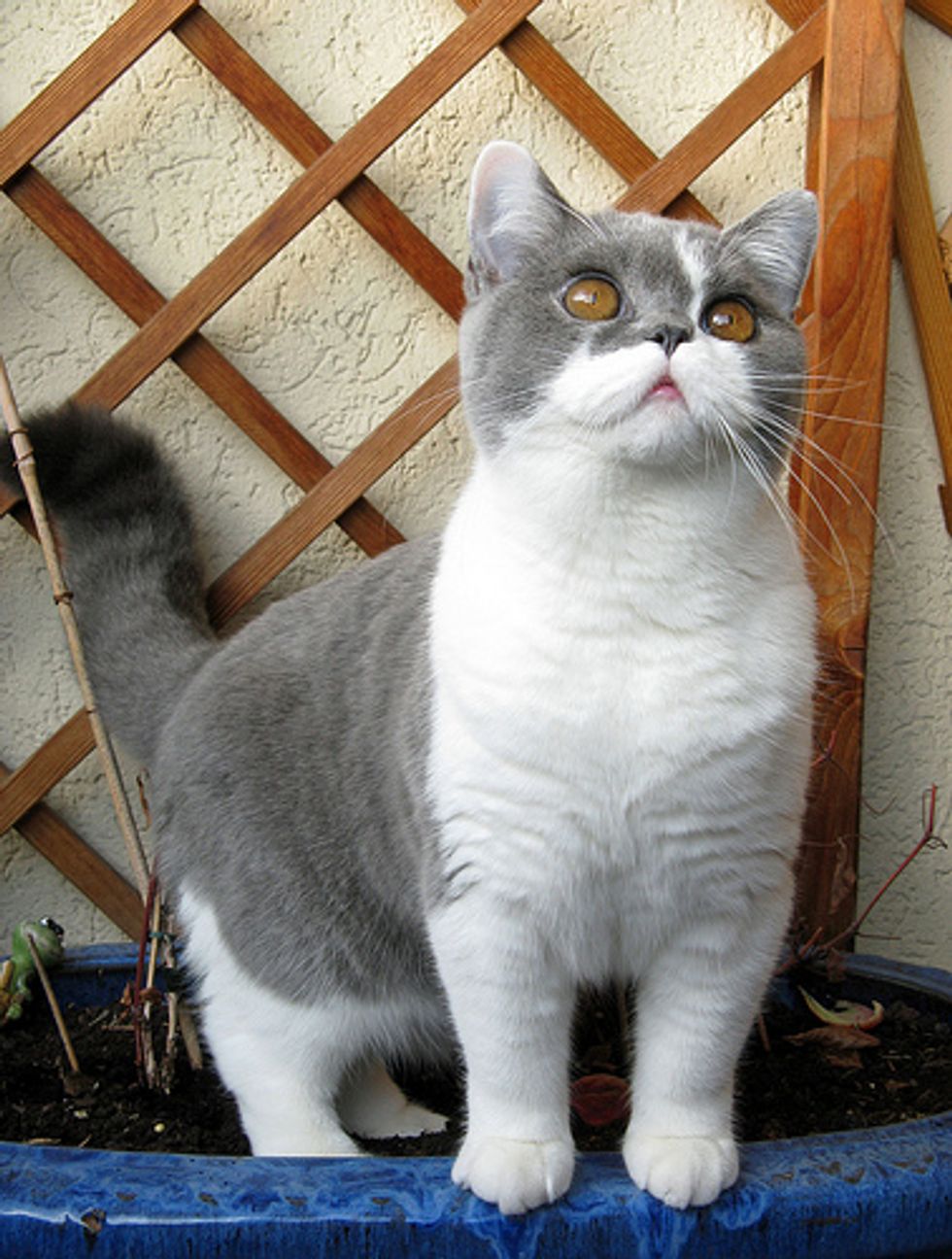The mystery surrounding why cats purr has fascinated pet owners for many years. There is no definitive answer as to why cats purr, but there are a few theories that have been suggested. The effect on humans is usually soothing, but one thing is clear – cats don't always purr because their happy.
The purr of domestic cats is unique, although other felids like bobcats, cheetahs, and pumas also purr. Kittens learn to purr within their first few days of life, even before they open their eyes, and a mother often purrs while delivering her babies. Cats also purr when they are hurting, scared, or close to dying.
We most often associate purring with contentment, but it could be more generally associated as a signal for different things. A mother and her babies purr to communicate their location, since kittens are born blind. Two cats grooming each other may purr to communicate feelings of contentment.
A cat also purrs when nervous, sort of a way of comforting themselves, much like we would sing or hum to ourselves when anxious. These communication signals even translate to humans – the mutual contentment between cat and owner while petting a cat in their lap, for instance.
As far as how a cat purrs, scientists can only speculate, but most agree that the laryngeal muscles and the larynx act on a neural impulse, or oscillator, from the brain. There is even speculation that purring has to do with the release of endorphins in cats.
A cat's purr is interesting in that it continues throughout the full respiratory cycle. A cat continues to purr while they are breathing in and out. Unlike a “meow,” which is more akin to speaking, a purr seems to have a continuing rhythm all its own, until a cat decides to turn it off.
If a cat has a diseased larynx, they will produce a different sound and may have trouble swallowing and breathing properly, causing them to gag. They also sometimes develop nerve damage that paralyzes the larynx or a tumor or polyp that restricts the airway. In these cases, a veterinary appointment is necessary to do an endoscopy of the area. Surgery may be necessary to open the airways and improve breathing.
Regardless of the reasons why cats purr, it is helpful to know that the act of purring covers a wide range of emotions in cats. This helps us to appreciate this unique form of expression as more than a pleasing sound that lowers our blood pressure and soothes our ears.
What a Cat's Purr Means courtesy of Cat Articles
Image:


